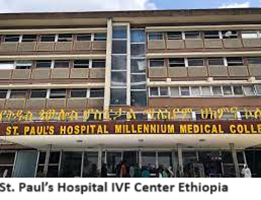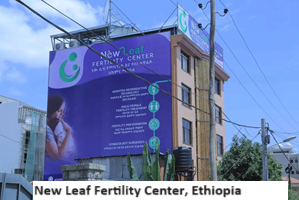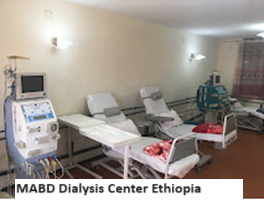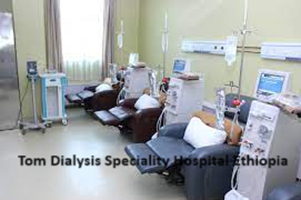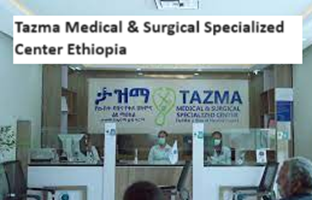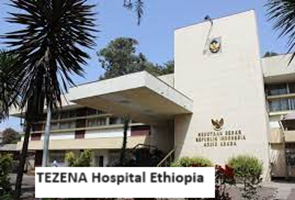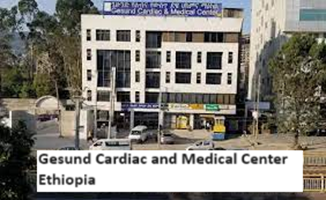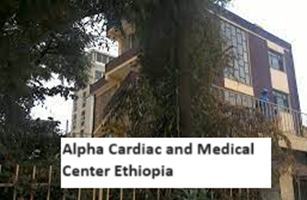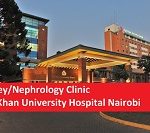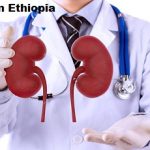Top Nephrological Treatments Cost in Ethiopia
1. Kidney Transplant Cost in Ethiopia – $19,730
In a kidney transplant, a healthy kidney from a living or deceased donor is surgically implanted into a patient whose kidneys are no longer functioning correctly. When kidneys lose their capacity to filter, dangerous amounts of fluid and waste build up in the body, raising blood pressure and leading to kidney failure (end-stage renal disease). End-stage renal disease patients require either a kidney transplant or machine-assisted dialysis in order to maintain their health. The cost of a kidney transplant in Ethiopia is $19,730.
2. Nephrectomy Cost in Ethiopia – $5,643
Nephrectomy is surgery to remove all or a portion of a kidney. Nephrectomy surgery is occasionally used to treat kidneys that are infected or severely damaged. A healthy kidney from a donor is removed during a donor nephrectomy so that it can be transplanted into a patient who is in need of a functioning kidney. A nephrectomy can be carried out by a urologic surgeon either through a single incision in the side or belly (an open nephrectomy), or through a succession of tiny incisions utilizing a camera and tiny equipment. The cost of nephrectomy in Ethiopia is $5,643.
3. Endopyelotomy Cost in Ethiopia – $5,198
This surgery involves putting tiny devices into the kidney through the skin or the urinary tract in order to enlarge the renal pelvis. Under a brief general anesthetic, this is often done with a telescope inserted into the bladder. Through the ureteric hole in the bladder, guidewires are sent up into the kidney using X-ray imaging. The narrow space between the ureter and the kidney is then sliced using a laser fiber. Sometimes the treatment is carried out from above by inserting a larger tool that can also transport a laser fiber through a kidney puncture. Once positioning has been verified by X-ray, a ureteric stent is next advanced across one of the guidewires and the wire is removed. In Ethiopia, the treatment cost for endopyelotomy is $5,198.
4. Haemodialysis Cost in Ethiopia – $4,455
Hemodialysis is a medical procedure in which your blood is purified by use of a dialysis machine and a special filter known as an artificial kidney, or dialyzer.
Hemodialysis helps regulate vital blood minerals like potassium, salt, and calcium as well as blood pressure by having your blood filtered and cleaned by a machine if your kidneys have failed. Blood is pumped from your body and into the apparatus, where it travels via a network of minuscule tubes in a device known as an “artificial kidney” or “dialyser.” Haemodialysis in Ethiopia will cost you 44,455.
5. Pyeloplasty Cost in Ethiopia – $6,683
Pyeloplasty is a surgical procedure to treat ureteropelvic junction (UPJ) blockage. The ureteropelvic junction (UPJ) obstruction is resolved during this inpatient operation, which is carried out by a general surgeon or nephrologist. Most likely, you’ll stay in the hospital for two days. Adults and children may need a pyeloplasty. A Pyeloplasty will cost $6,683 in Ethiopia.
6. RIRS Surgery Cost in Ethiopia – $4,752
A fiberoptic endoscope, a sort of viewing tube, is inserted through the kidney during RIRS, a minimally invasive treatment to remove kidney stones. The fiber-optic can easily bend inside the renal system and enter the kidney and ureter since it is flexible. The procedure’s best feature is that there is no incision required, and the patient is given both general and local anesthesia. The cost of retrograde intrarenal surgery (RIRS) in Ethiopia is $4,752.
7. Renal Angiography Cost in Ethiopia – $6,683
An imaging procedure called a renal angiography is used to examine the blood arteries in your kidneys. It might be utilized by your doctor to check for blood vessel blockages, stenosis, or aneurysms that inflate out of the blood vessel. He or she can also observe how well blood is moving to your kidneys. The cost of renal angiography in Ethiopia is $6,683.
8. Renal Angioplasty Cost in Ethiopia – $7,128
Renal angioplasty is a technique to enlarge the renal arteries, which are responsible for supplying blood to the kidneys. To treat a narrowed renal artery, an angioplasty and stent are performed. Using X-rays as a guide, a thin plastic tube is placed into the narrowed artery. To widen the artery that is constricted, a specific balloon on the tube is inflated. The artery is then kept open by inserting a stent, an inflatable tube. A renal angioplasty costs $7,128 in Ethiopia.
9. Kidney Tumor Removal Cost in Ethiopia – $8,880
Surgery is the treatment for kidney cancer and kidney tumors. The goal of surgery is to completely remove the tumor while keeping the patient as safe as possible. It can be accomplished by various methods, such as a traditional open incision, laparoscopic surgery, or robot-assisted laparoscopic surgery. Experts in kidney cancer assist each patient in selecting the best surgery and method of treatment for their specific tumor. The treatment cost for kidney tumor removal in Ethiopia is $8,880.











